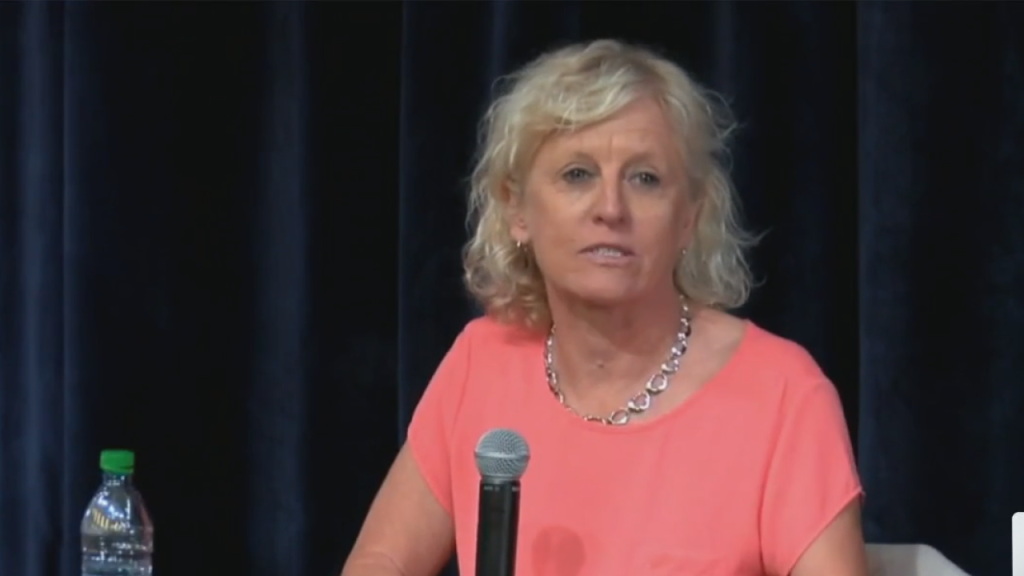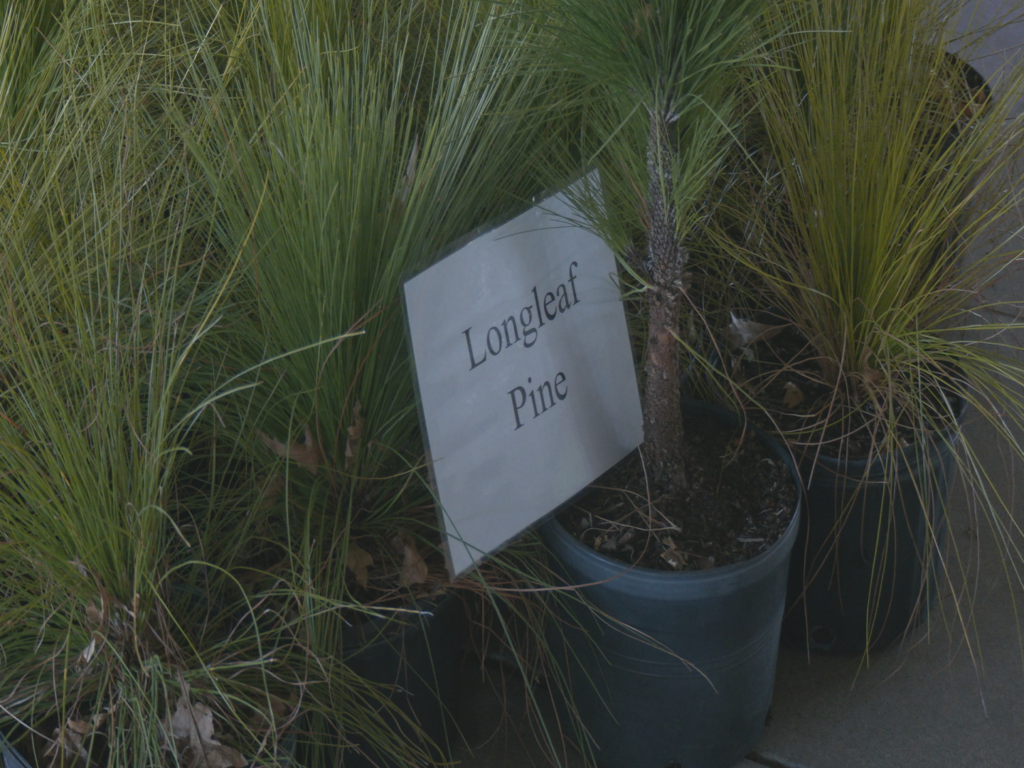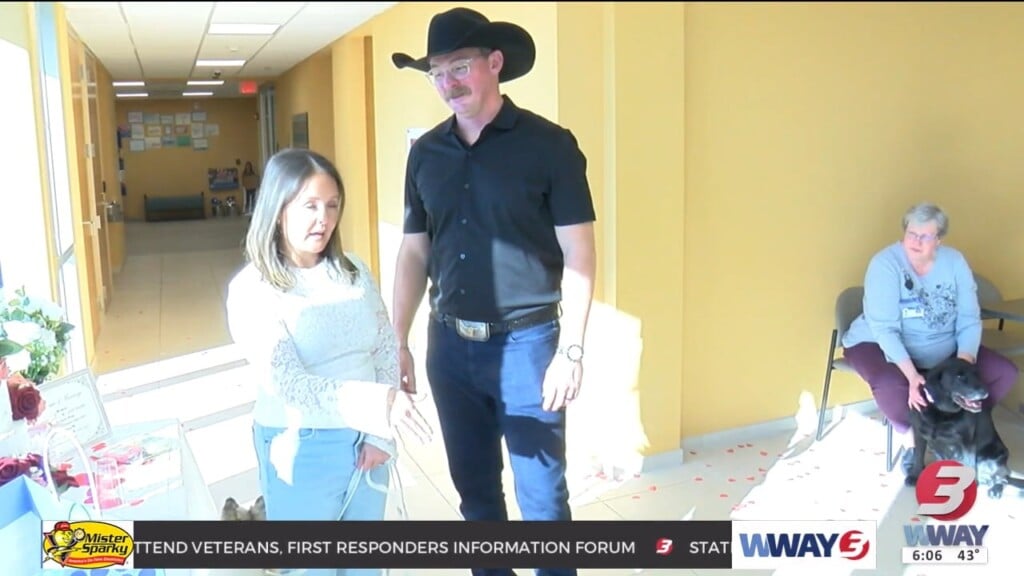Criminal investigation ends with no charges for former NHCO commissioner Julia Olson-Boseman

NEW HANOVER COUNTY, NC (WWAY) — The NC Conference of District Attorneys has reviewed the investigation into Julia Olson-Boseman and has declined to proceed with criminal charges.
The investigation concerned a $20,000 retainer fee that Gary Holyfield paid to Olson-Boseman and her law firm, The Boseman Law Group, in February of 2020 to represent his interests in a wrongful death lawsuit against the State of North Carolina.
The report states that, according to the agreement, the fee was to be deposited in Olson-Boseman’s business account instead of a client trust account. It also stated when representation ends, the client will not be entitled to a refund of any portion of the minimum fee, even if the representation ends before Lawyer has provided legal services equivalent in value to the minimum fee, unless it can be demonstrated that the minimum fee is clearly an excessive fee under the circumstances.
Holyfield received minimal contact from Olson-Boseman or any member of her law firm during the next year.
When he asked about the status of his case, Holyfield learned that the wrongful death lawsuit had not been filed and the statute of limitations had expired. Holyfield filed a report with the Wilmington Police Department on June 26th, 2021, alleging that Olson-Boseman had obtained the fee by means of a false pretense.
District Attorney Ben David requested a review of the case by the NC Conference of District Attorneys, calling Olson-Boseman a conflict of interest. He also requested the NC Conference of District Attorneys prosecute if criminal charges were warranted.
During the investigation, in November 2023, Olson-Boseman voluntarily resigned from the practice of law in North Carolina and surrendered her license to the State Bar.
Last month, she was disbarred after the NC State Bar determined the former commissioner ‘misappropriated funds, grossly abdicated her trust account management obligations, made misrepresentations to the State Bar during a grievance investigation, made a misrepresentation to the court, engaged in contempt of court, engaged in a conflict of interest, collected clearly excessive fees, and neglected a client.’
“For the purpose of this review, it is important to note that the NC State Bar is not bound by these same responsibilities when making its decisions and recommendations,” Chief Financial Crimes Prosecutor Jordan Ford wrote in the report.
For a jury to find a defendant guilty of Obtaining Property by False Pretenses, the State must prove five things beyond a reasonable doubt:
1. The defendant made a representation to another.
2. This representation was false.
3. This representation was calculated and intended to deceive.
4. The victim was in fact deceived by this representation.
5. The defendant thereby obtained or attempted to obtain property from the victim.10
Ford said the first three elements are somewhat connected and may be analyzed together. The first element requires the State to prove that Olson-Boseman made some sort of representation to Holyfield. Second, the State must also show that this representation, whatever it was, was false. Third, the State must demonstrate that the representation was calculated and that Olson-Boseman intended to deceive
Holyfield when she made it.
The evidence in this matter would permit the State to show that Olson-Boseman made a representation to Holyfield but would not allow the State to demonstrate that representation was false, calculated, or intended to deceive, much less prove those elements beyond a reasonable doubt. The express terms of the Agreement provided that the fee was earned immediately by Olson-Boseman and would be deposited in her business account rather than a client trust account. Additionally, the Agreement provided that Holyfield was not entitled to a refund of any portion of the fee.
Ford determined the actions of Olson-Boseman are consistent with the terms of the Agreement and should have been anticipated by Holyfield at the time the Agreement was executed. At best, the evidence in this matter indicates the nonfulfillment of a contractual obligation between Olson-Boseman and Holyfield. Thus, the central point of this dispute remains contractual in nature, not criminal.
The review also determined that the evidence fails to establish the second and third elements elements of Obtaining Property by False Pretenses.
Ford wrote that he spoke with several people associated with the case and reviewed the file independently and also obtained input from other prosecutors on his team and within the office.
“As evidenced by the Order from the State Bar, Olson-Boseman’s actions were undoubtedly in violation of her responsibilities under the NC Rules of Professional Conduct. However, Olson-Boseman’s actions do not appear to have violated the criminal laws of the state of North Carolina. The totality of the evidence I have reviewed in this case is legally insufficient to proceed with criminal charges… As such, I recommend that we decline prosecution in this matter and take no further action.,” Ford concluded.




